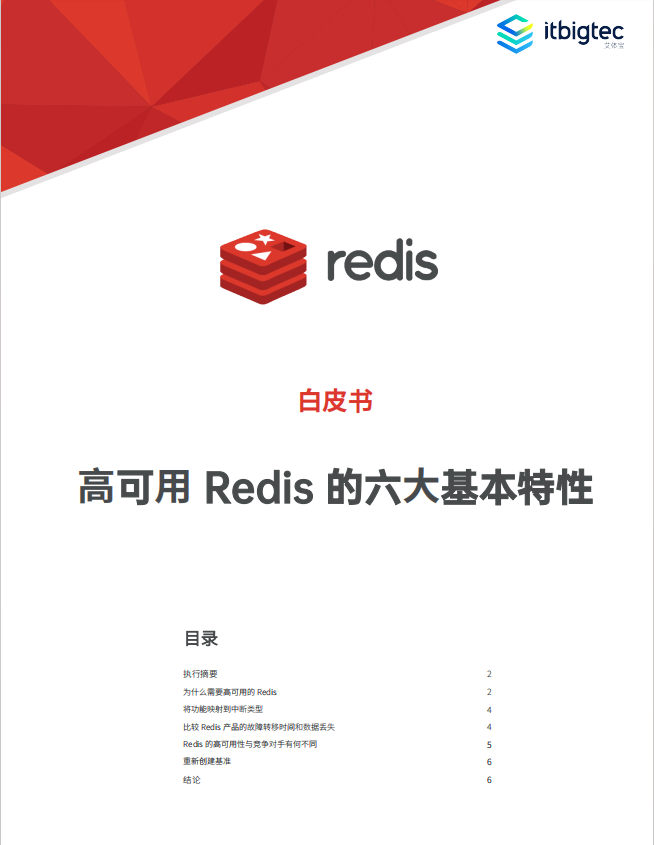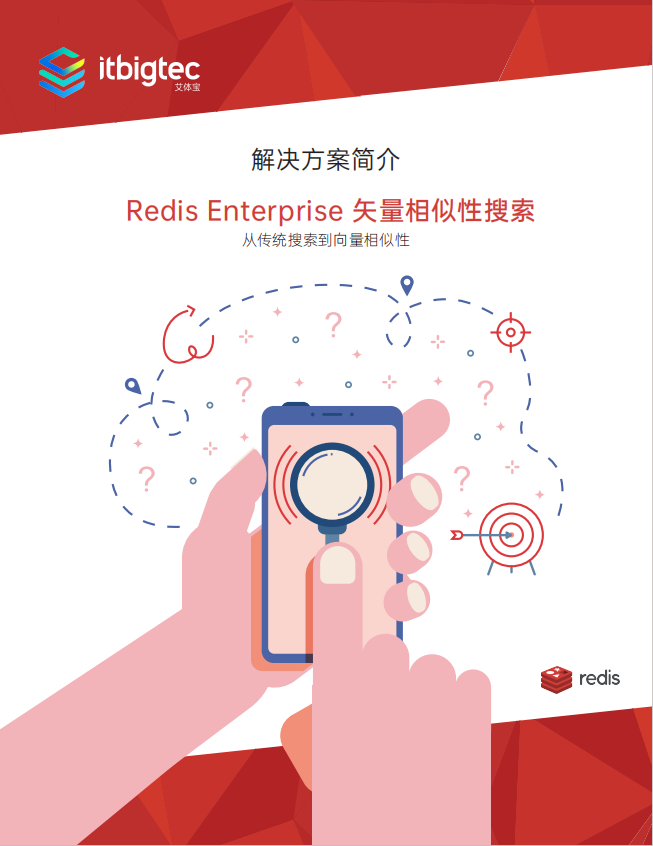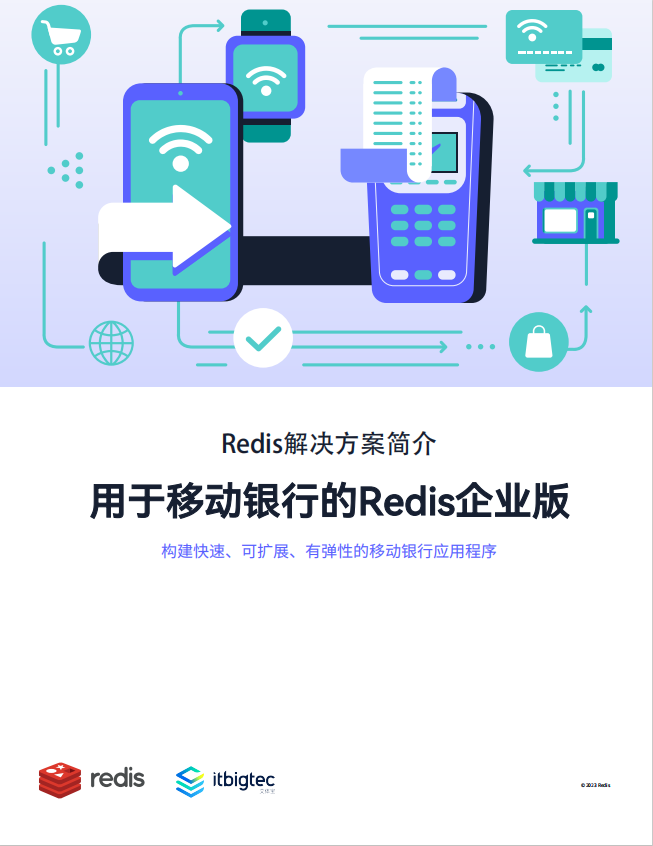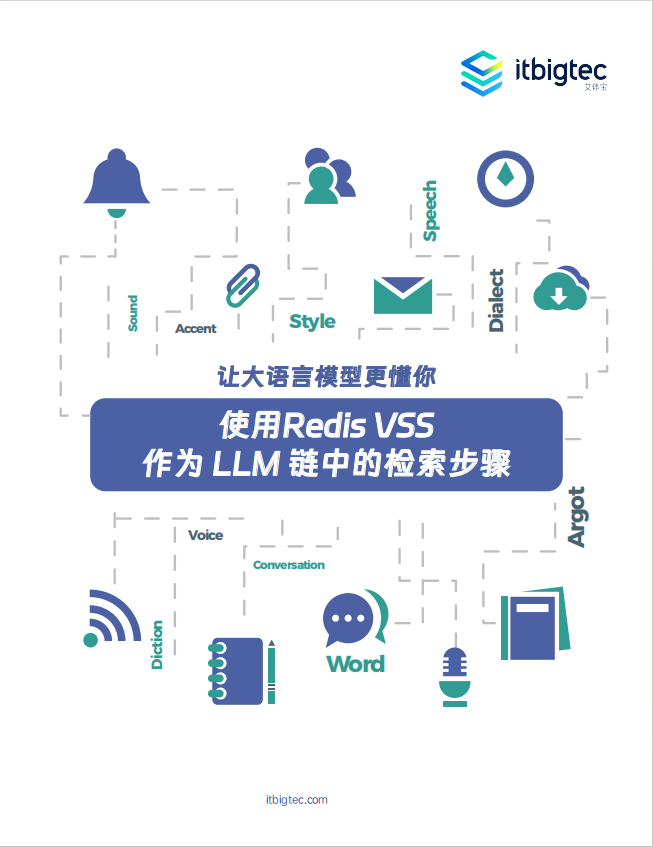- Home
- Technical Products
Enterprise Cloud IT Solutions
Test Measurement
Industrial Measurement
- Solutions
Enterprise Cloud IT Solutions
Test Measurement
- Resource Center
- About Us
 EN
EN
Redis Enterprise Database
Redis Enterprise is a commercial-grade database launched by Redis for high concurrency, low-latency business-critical scenarios such as banking, securities, insurance, and the Internet of Things (IoT). Based on open source Redis, it has been enhanced with high availability, scalability, and enterprise-grade features, supporting multi-live clusters, automatic fault recovery, persistent backups, multiple models (e.g., JSON, full-text search), and advanced security controls, significantly reducing the complexity and risk of large-scale applications. The free version (open source Redis) is only suitable for small-scale scenarios, requires manual cluster management and lacks enterprise-level support.

Trusted








Active-Active Geographic Distribution
Active-Active Architecture is a data resilient architecture that distributes database information across multiple data centers through independent and geographically distributed clusters and nodes. It is a network of independent processing nodes, each of which has access to a common replicated database so that all nodes can participate in a common application, ensuring low local latency and independent operation of each region.
high availability
Redis Enterprise Edition ensures high availability of up to 99.9991 TP3T through data replication, automatic failover, backup and recovery. Applications continue to run without interruption even if some servers fail.

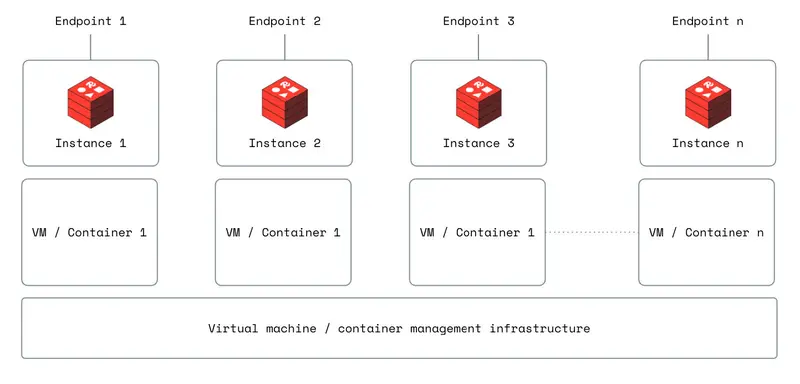
Multi-tenant Technology
Multi-tenancy means that a single server efficiently manages the needs of a variety of tenants, each of whom maintains their data securely and independently. There is no need to provide additional physical infrastructure for each new tenant, enabling efficient resource utilization.
Enterprise level security
Redis Enterprise Edition has a number of proprietary features such as access control, built-in encryption, accountability, enhanced disaster recovery, and the use of external identity providers.
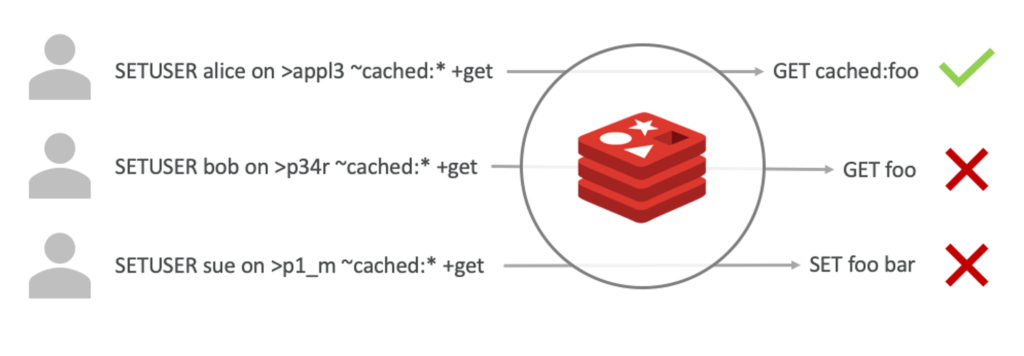

Automatic Layering
Redis Enterprise's auto-tiering feature lets you scale your database beyond DRAM capacity using solid state drives (SSDs), so you can use the same Redis API to build applications that require large datasets. Using SSDs can reduce infrastructure costs by up to 70% compared to DRAM-only deployments.
Built-in Agents
Improve performance by handling routing, load balancing, and simplifying client connections between applications and Redis shards.
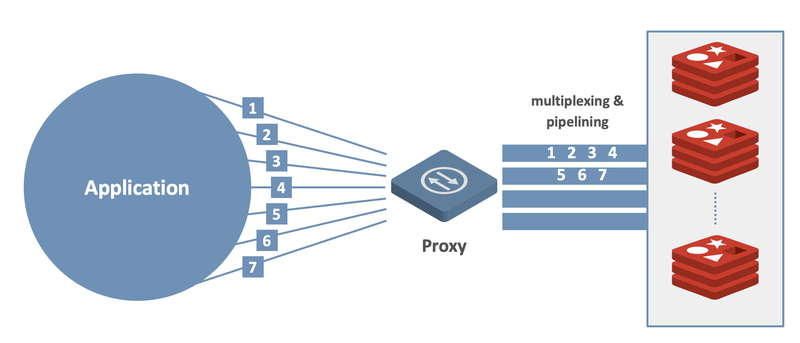
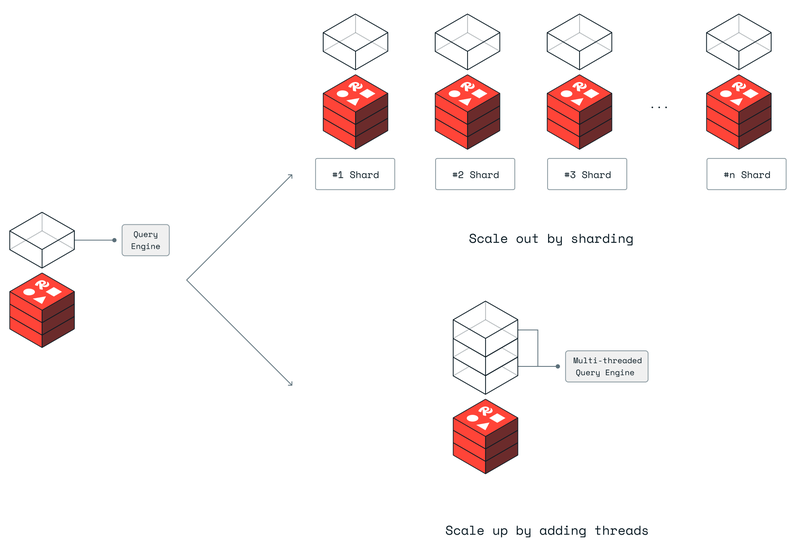
Enquiry and Search
The Redis query engine provides an enhanced Redis experience with the following search and query capabilities: rich query language, incremental indexing of JSON and hash files, vector search, full-text search, geospatial querying, aggregation, and more.
Data Integration
Automatically connect Redis deployments to other data sources and receivers for seamless data movement and synchronization across your entire architecture.
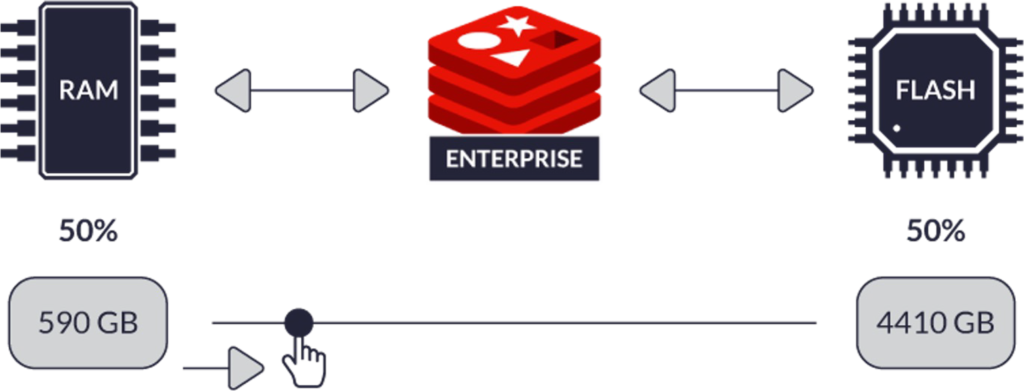
Structure
Redis Enterprise Ecosystem
100%-compatible open source version that delivers 2-10x performance gains in real-world deployments
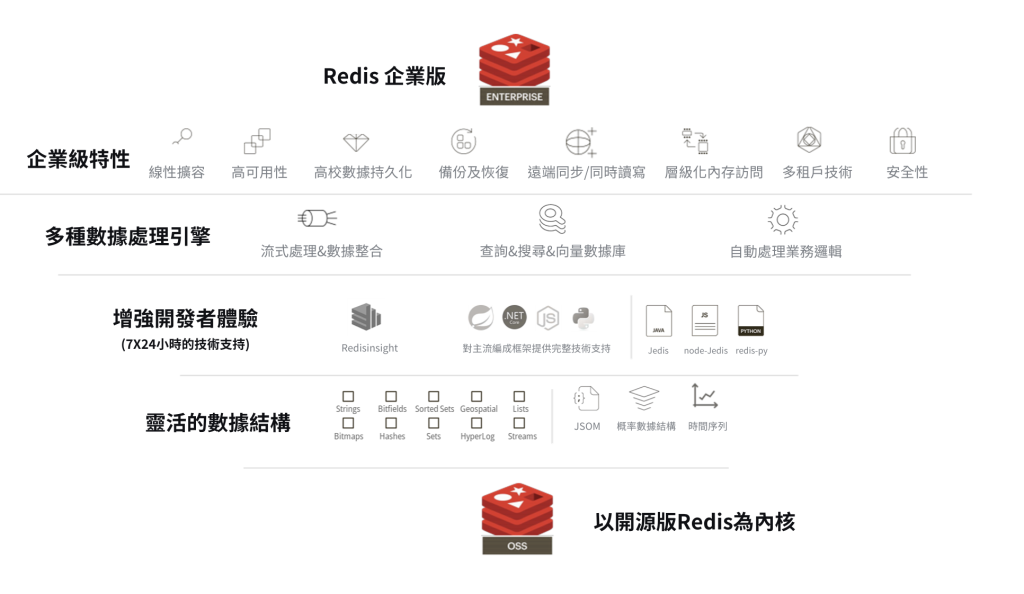
Advantages
Redis Enterprise Advantage
developer
- Simplify business logic: do the most functions with the least amount of code.
- Deeper understanding of data: data visualization, data monitoring, data management
- Redis modules: JSON, Search, etc.
- Data access control: ACL, SSO, LDAP, 100% compatible with open source Redis.
Maintenance Engineer
- High Availability: Provides up to 99.999% uptime guarantee, short failure recovery time and no data loss.
- TCO Optimization: Linear Scaling, Simplified Service Management, Automatic Tiering
- Comprehensive technical support: Enjoy 24/7 technical support from Redis experts to ensure your business continuity.
Structurer
- Staying ahead of the curve: Full support for the latest Redis releases, enabling synchronized technology and feature updates.
- Global Deployment Capability: Supports deployment and expansion of real-time applications anywhere in the world to meet decentralized requirements
- Unified Data Layer: Guarantees data consistency and scalability across any infrastructure.
Solutions
Financial Industry Solutions
The Deadly Bottleneck of Financial Digital Transformation, Have You Been Hit?
- Speed Anxiety43% Financial Institutions Accelerate Digital Transformation, but Traditional Databases are Slow to Respond, How to Respond to Billion-Dollar Highly Consolidated Real-Time Transactions?
- Risk Control ProblemsHow to realize millisecond anti-fraud and compliance control to avoid capital loss in the era of open banking and remote office?
- Experience BottlenecksCustomers are looking forward to "Sensorless Finance", can your system support real-time customer profiling and smart recommendations with a TPS of tens of millions?
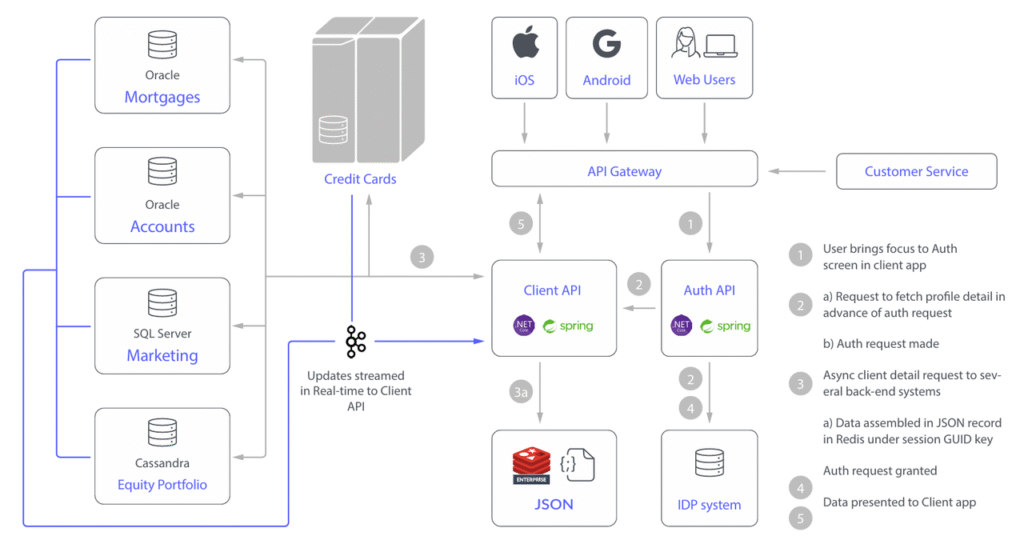
Applications
Application Scenarios
Fast, Scalable and Highly Available Cache Layers Improve Application Performance

Conversation Management
Building a Trusted View of Users with Distributed Session Management Solutions

Real Time Ranking
Delivering reliable results to millions of users

Fraud Identification
Easy handling of identity data, faster fraud detection based on AI

Real-time inventory
Delivering Optimal Performance, Scale and Availability for Online Retailing

Repeated data deletion
Organize user data through probabilistic filtering


